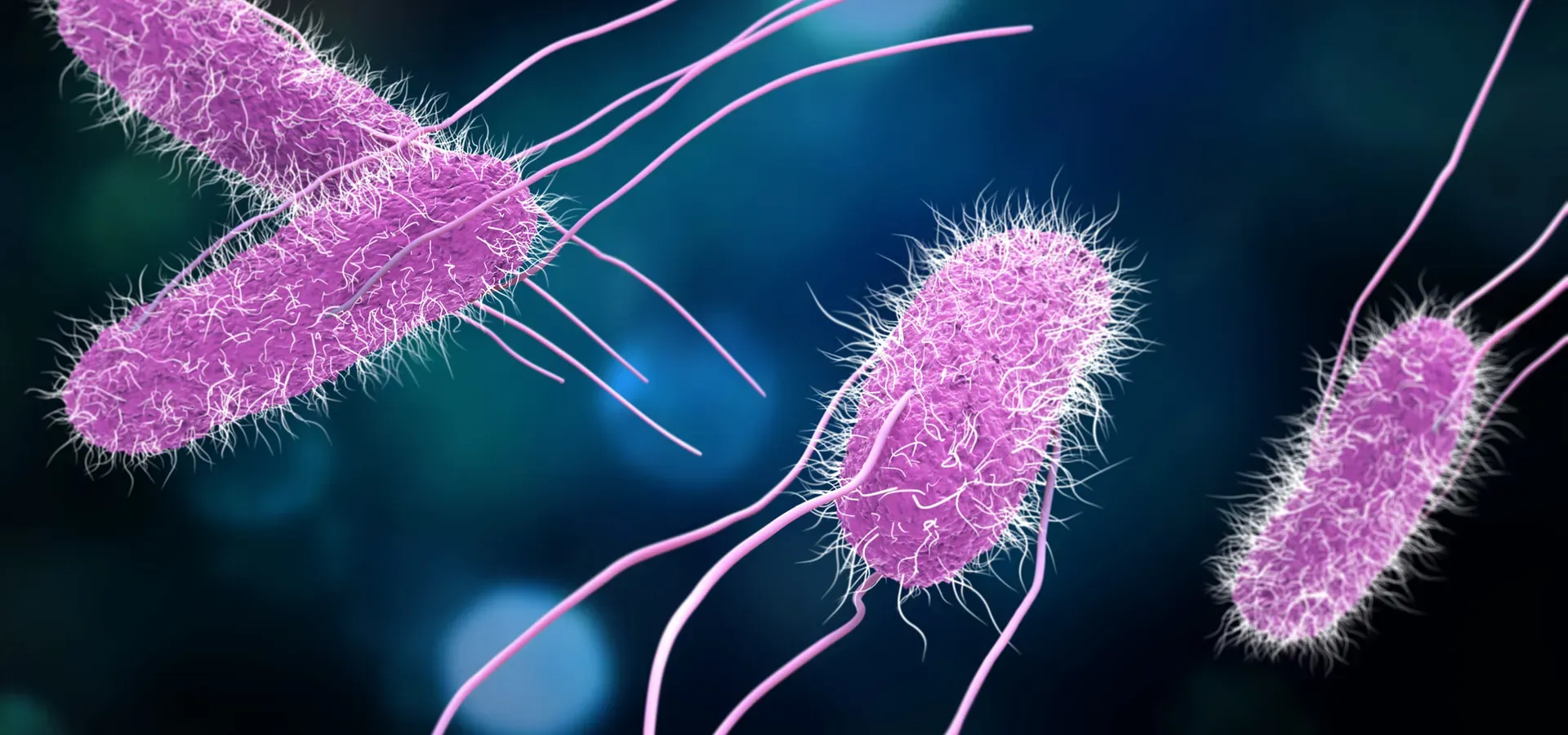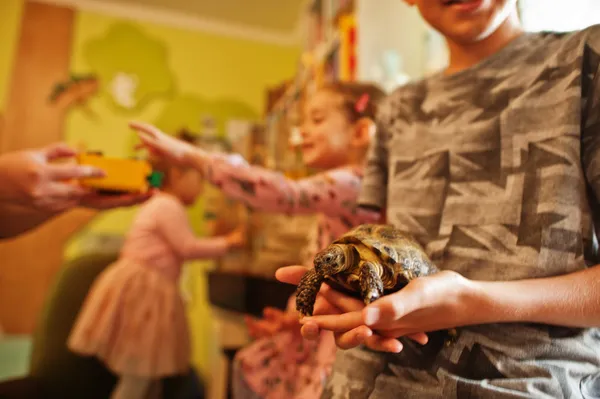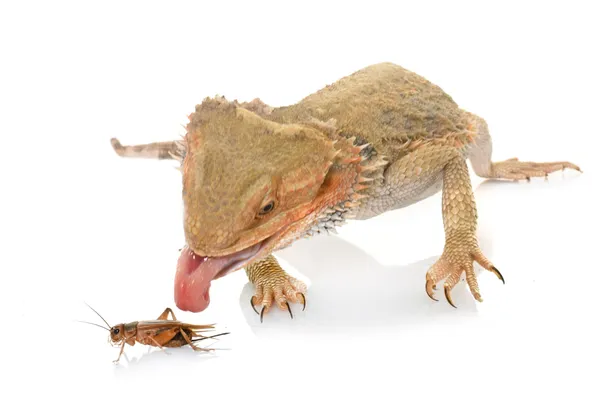Exotic pets can harm your health too!
Keeping exotic pets carries health and safety risks that are often downplayed or not mentioned at all by pet sellers. People don’t often associate their illness with their pet and also don’t let their doctor know that they keep exotic animals, so a large number of cases go unreported. Children are at greatest risk due to their lower immunity and also their natural curiosity, which can predispose them to injuries. Some health bodies caution against keeping any exotic pets.




